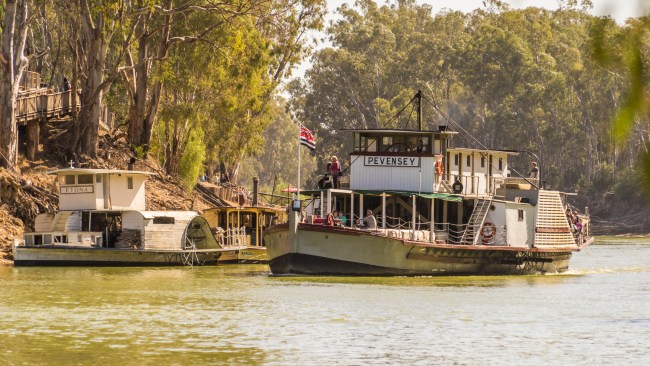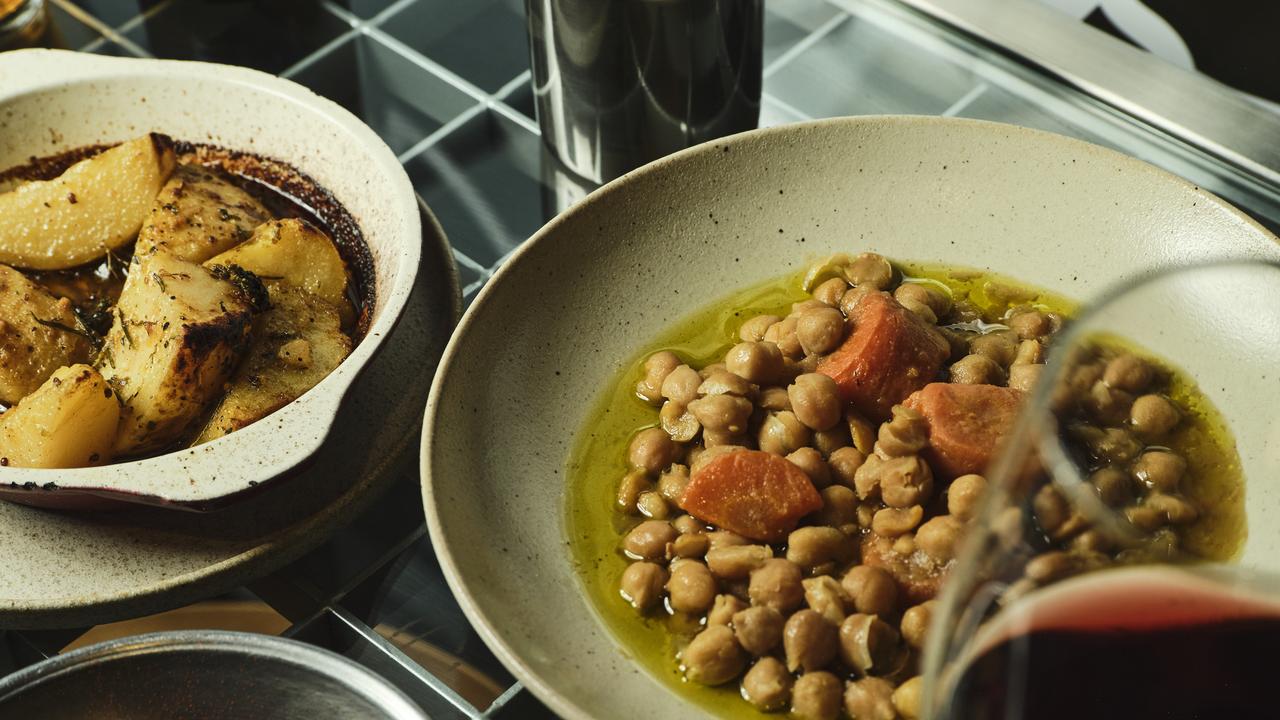From free to fee: Airlines are phasing out complimentary meals
The line between no-frills airlines and full service carriers is becoming even blurrier, as more airlines cut out the "free" food. But there is a silver lining.

Lifestyle
Don't miss out on the headlines from Lifestyle. Followed categories will be added to My News.
Covid threw a major spanner in the works for a lot of businesses, causing many to question every single offering and service in question.
The travel industry was arguably one of the hardest hit and we’ve since seen a significant shift in how airlines treat passengers, particularly when it comes to in-flight services. The once-standard complimentary snacks and meals are slowly being phased out, replaced by ‘buy on board’ options.
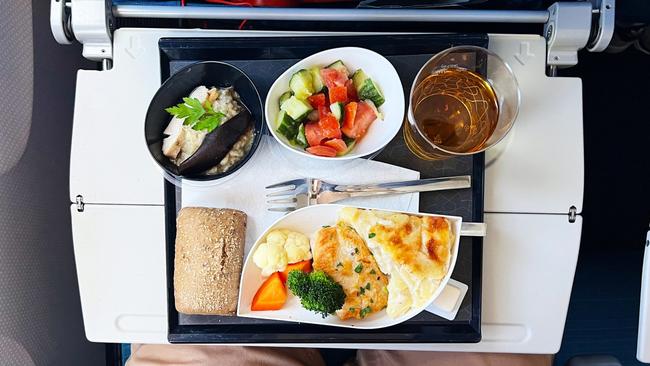
Air France is the latest airline to scrap complimentary meals. From 2025, the airline will test a new buy-on-board system for food and drinks on selected short and medium-haul flights. Passengers will however receive a free beverage – tea or water – and a small snack.
The change affects economy passengers only, with business class still receiving a complimentary meal alongside hot and cold drinks and a selection of alcoholic beverages.
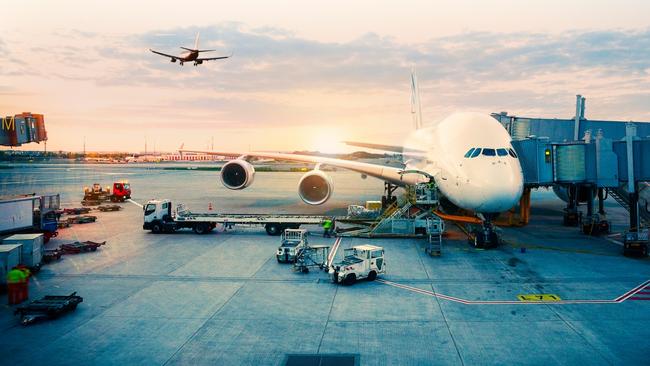
KLM – a subsidiary of the Air France-KLM Group – is also considering scrapping its free sandwich offering on short and medium-haul flights within Europe. According to Dutch newspaper, De Telegraaf, the Dutch carrier is revising its service as it doesn’t always meet passengers’ needs.
According to Simple Flying, KLM is exploring a new service within Europe to provide passengers more choice beyond its current catering offering and even considering an option to pre-order meals.
The airline added that it is aligning its offerings with other “traditional European airlines”, no doubt referring to British Airways and Lufthansa.
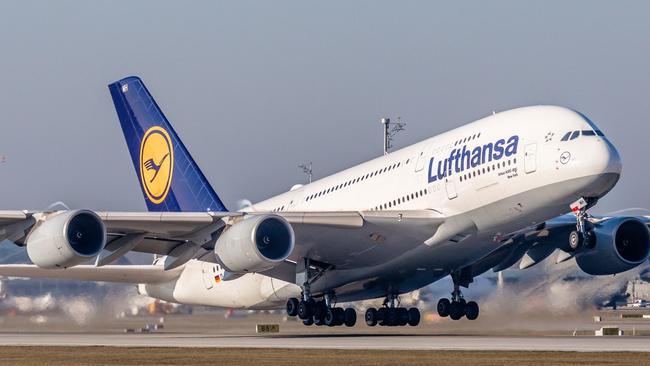
In recent years, full-service airlines British Airways and Lufthansa have adopted the buy on board model for short-haul flights. British Airways made headlines last year when the carrier began testing a new catering system where it wouldn’t load enough food for all passengers to tackle food waste. According to a leaked internal memo shared by trade blog, View From The Wing, the airline wouldn’t load enough meals on certain late-night and early-morning flights. The airline is most likely hedging its bets and presuming that most passengers would prefer to sleep than eat.
Culling meals, cutting costs
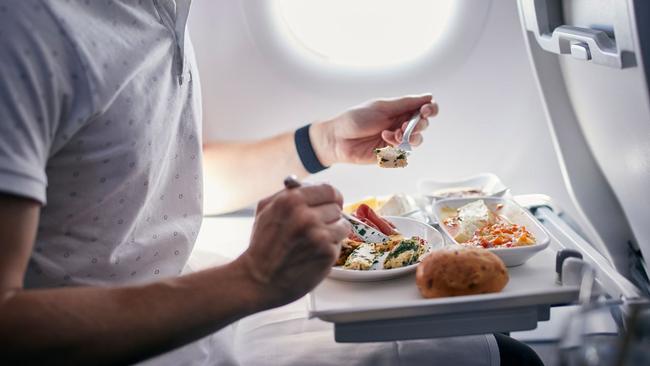
For passengers, this shift means the once-expected perk of a free sandwich or snack is no longer guaranteed. Instead, travellers must either bring their own food or purchase it during the flight. While this may seem like a minor inconvenience, it can add up, especially for frequent flyers.
The move blurs the line between no frills airlines like Ryanair and EasyJet, and full-service airlines across Europe, as carriers traditionally known as full-service adopt practices more commonly associated with budget airlines.
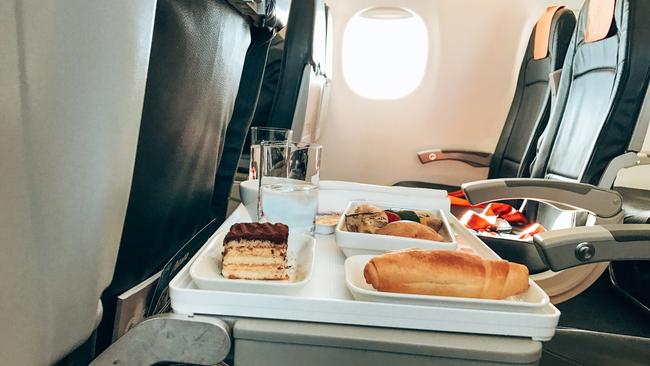
European airlines across the board are continuing to look for ways to cut costs, especially as regulations are expected to tighten around Sustainable Aviation Fuels (SAF) over the next few years. The European Union’s ReFuelEU Aviation mandates aviation fuel suppliers to gradually increase the share of SAFs blended into conventional fuel at EU airports. The goal is for SAF to make up 70 per cent of all aviation fuel in the EU by 2050. It also means a hike in operational costs for airlines as they transition to these greener fuels.
According to the International Air Transport Association (IATA) and its World Air Transport Statistics arm, aircraft fuel and oil accounts for a substantial 28.7 per cent of total airline costs.
The silver lining
IATA research also reveals passenger flights generate approximately six million tonnes of waste per year, with around 20 per cent of this being untouched food and drink. This represents an estimated $6 billion in value, highlighting the mammoth cost of providing free meals that go uneaten. By phasing out complimentary meals, airlines can tackle food waste and lower overall costs. Perhaps the real winner is the environment.
Oh, and rawdoggers.
Originally published as From free to fee: Airlines are phasing out complimentary meals




